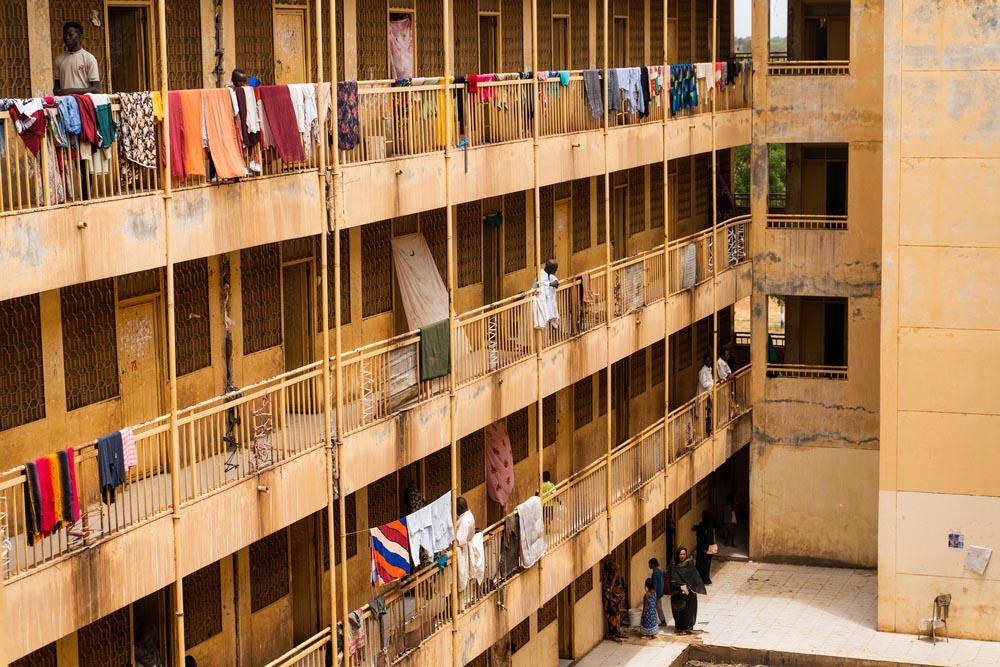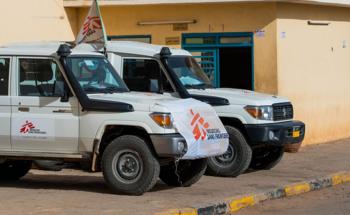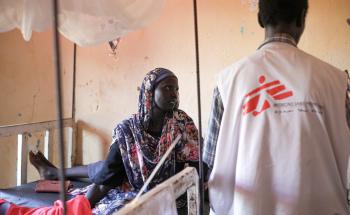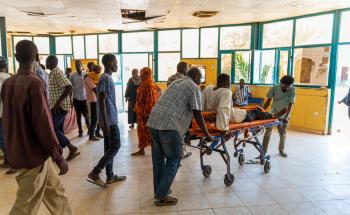Heavy fighting resumed in Sudan’s capital after the end of the most recent ceasefire this week. MSF teams in Wad Madani have seen a worrying increase in the number of people arriving from Khartoum. Around 5,000 people were already living in three major camps around the city. In the last week, the number of displaced people in one location where MSF is working has risen from 300 to 2,800. This rapid influx further highlights the urgent need for basic medical and other services to be provided to all people displaced in this conflict.
“Many of the displaced people arriving in Wad Madani from the capital lost not only all their belongings and livelihoods but also family members during the fighting in Khartoum,” says Anja Wolz, MSF’s Medical Coordinator.
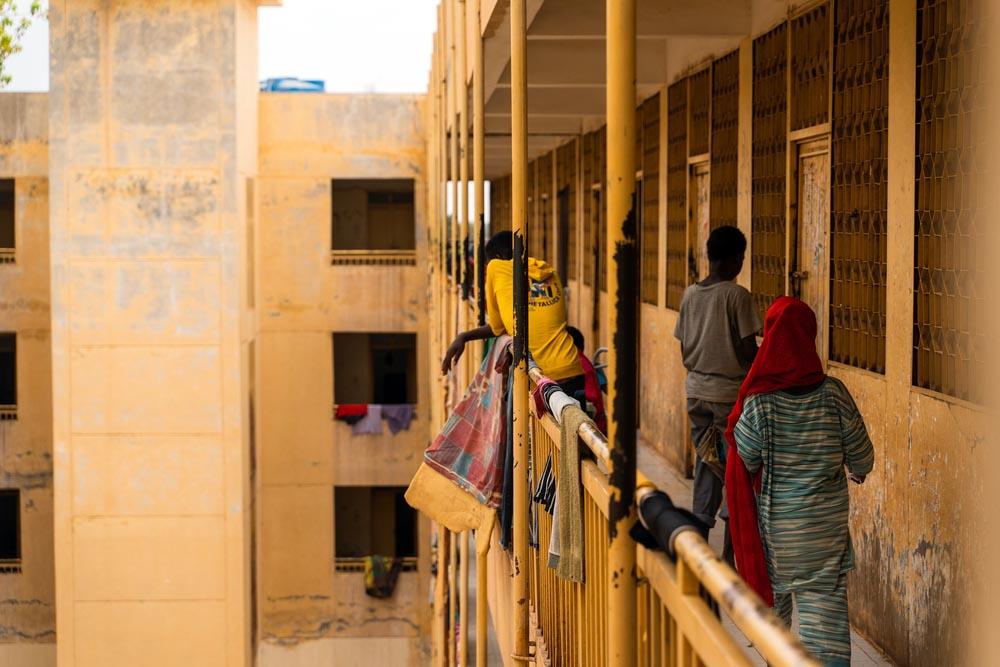
Since the start of May, MSF teams, with the support of Ministry of Health staff, have been running mobile clinics in several of the main locations where displaced people are gathered in Wad Madani. They have seen more than 1,600 patients in that time. Most have respiratory tract infections, commonly associated with poor living conditions or lack of proper shelter.
The teams also treat malaria, chronic diseases, such as diabetes, hypertension and asthma, and skin lesions caused by allergies and scabies and provide vaccinations. A midwife provides services for pregnant women and psychological support is available. In the past few weeks, MSF has been able to bring much-needed supplies to Wad Madani to support these activities.
MSF teams are working hard to improve the hygiene conditions in the camps and ensure access to safe drinking water.Anja Wolz, MSF’s Medical Coordinator
“The laboratory is not fully equipped, but we continue to operate with what is available. We have a good supply of medication and also quick medical test kits for malaria, blood sugar and pressure [and] pregnancy. We collaborate with the Ministry of Health to transfer urgent cases to the hospital. We also send an MSF medic along with the patient to follow up,” said MSF doctor Ahmed Omer Aljack.
MSF is also concerned about the water and sanitation conditions in the camps for displaced people, particularly with the rainy season approaching. Already malaria cases are beginning to increase, and there are concerns about the spread of dengue – something that is often linked to the coming of the rains and spread of mosquitoes in camps like this.
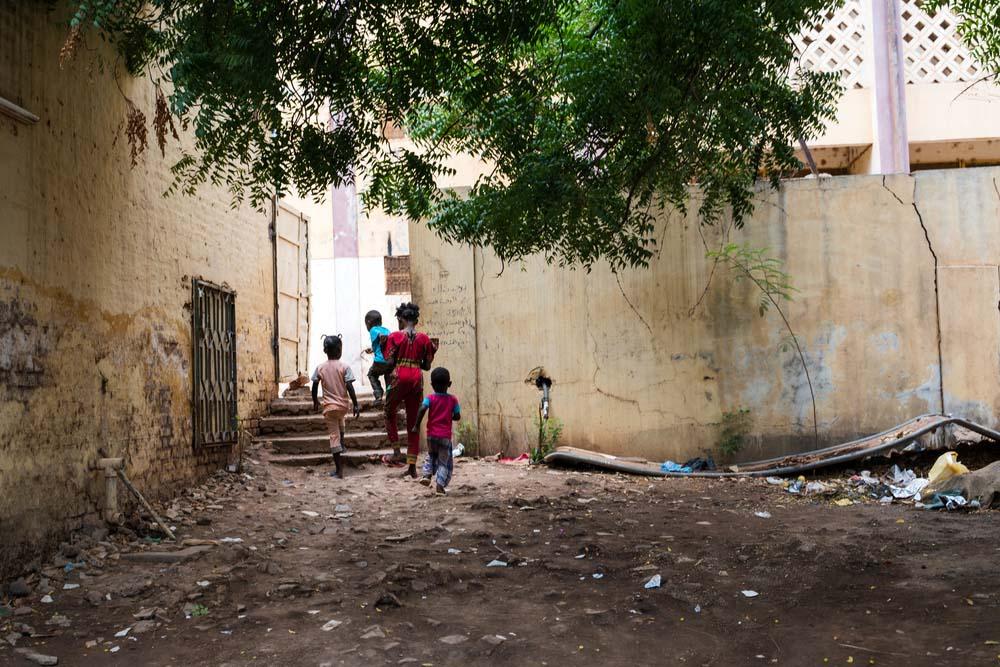
“The goal of our teams in Wad Madani is also to prevent an outbreak of water-borne diseases such as cholera which could easily lead to a full-blown disaster in the current situation. MSF teams are working hard to improve the hygiene conditions in the camps and ensure access to safe drinking water,” said Wolz.
MSF is currently assessing how we can expand our activities to respond to the new influx of people from Khartoum.
MSF works in eleven states in Sudan, including in Khartoum and in Darfur. This includes treating war-wounded people in Khartoum and North Darfur, providing healthcare and water and sanitation services for refugees and displaced people in Al-Gedaref and Al Jazirah states, treating malnutrition and providing basic healthcare in Blue Nile State, and providing donations of medical and other supplies to health facilities.
